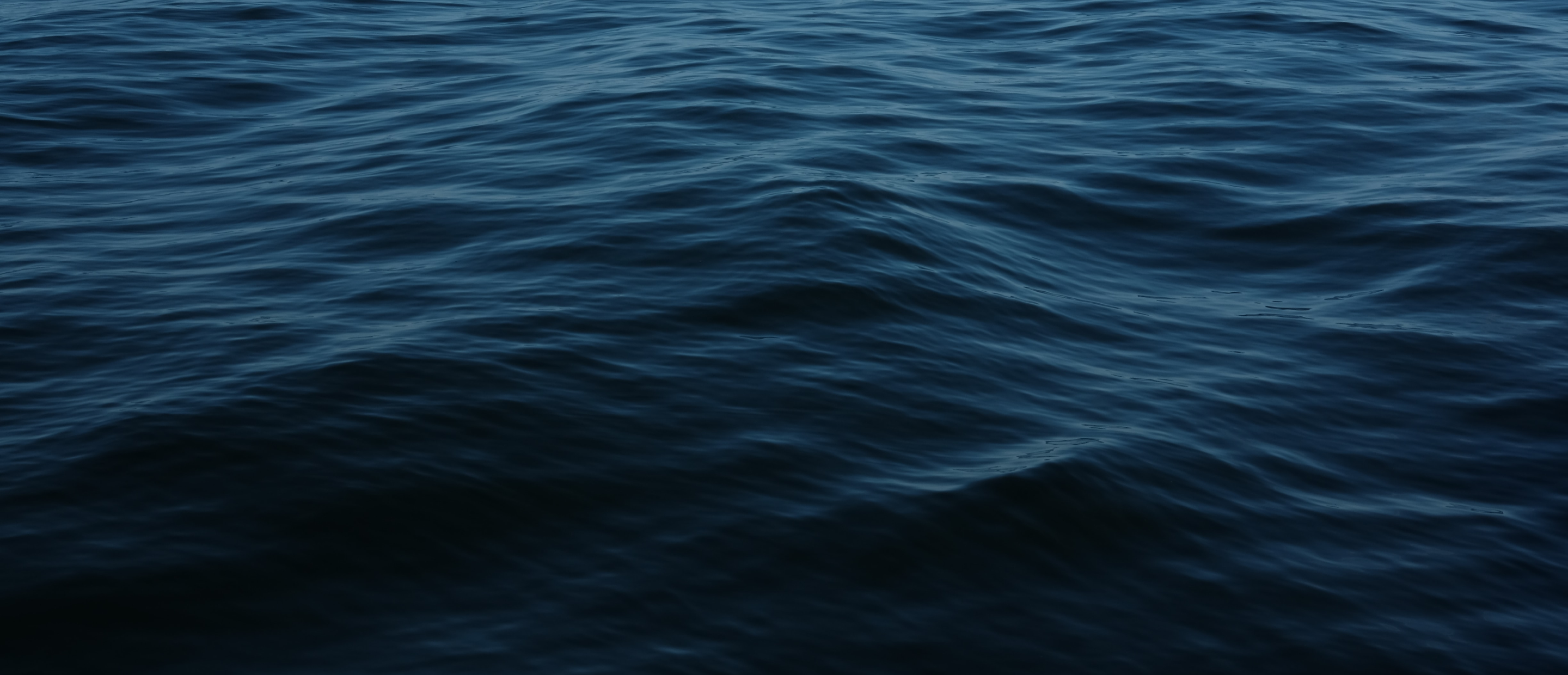Ocean Job Board


GEOMAR
This job is no longer accepting applications
See open jobs at GEOMAR.See open jobs similar to "PhD position (m/f/d) in marine biogeochemistry with focus on iron speciation" Schmidt Marine.GEOMAR Helmholtz Centre for Ocean Research Kiel is a foundation under public law jointly financed by the Federal Republic of Germany (90%) and the State of Schleswig-Holstein (10%). It is one of the internationally leading institutions in the field of marine research.
Through our research and our commitment to the transfer of knowledge and technology, we contribute significantly to the preservation of the function and protection of the ocean for future generations.
The research unit Marine Mineral Resources (MMR) of the research division 4 “Dynamics of the Ocean Floor” is offering a
starting on, or as soon as possible after October 1st 2023. The position offers the possibility to attain a doctoral degree in natural sciences.
The MMR Group
The research of the MMR group focuses on the geological and biogeochemical understanding of metals in the marine environment and marine mineral resources. Research topics include ore forming processes, seafloor geological exploration, resource potential estimation, resource occurrence prediction (i.e., predictive mapping), and metal biogeochemistry, including metal concentration, physical and chemical speciation, bioavailability, and toxicity. Research focuses on the various marine spheres including the water column, porewaters, sediments, and rocks. In our research, we follow a "source to sink" approach to gain better insight into all aspects of the cycling, transport, behavior, and fate of trace elements from the oceanic crust to the surface ocean. Our work is carried out through fieldwork, laboratory experiments, mapping- and modeling activities, as well as machine learning approaches using state-of-the-art methods and instrumentation.
Job Description
The bioavailability of many trace metals in the ocean, such as the essential micronutrient iron (Fe), are largely controlled by their interaction with organic ligands (organic chelating agents). However, despite their importance in biogeochemical processes, we lack crucial information about the complexation chemistry of these ligands under varying environmental conditions. This impedes the parameterization of trace metal micronutrients in global carbon models and as such will directly influence the uncertainty of future climate models.
The successful candidate will combine observational studies of Fe speciation in a wide range of ocean settings with systematic experimental studies of organic Fe complexation under different in-situ conditions, such as temperature, pressure, pH, and redox potential. The fundamental mechanistic insights gained from these studies will enable us, for the first time, to appropriately model trace metal speciation at chemical gradients, as found at the sediment/water interfaces, hydrothermal plumes, diffuse vents, and in surface seawater under future ocean conditions. Techniques that will be used for this project include (but are not limited to) voltammetry (cathodic stripping voltammetry), and inductively coupled plasma mass spectrometry (ICP-MS) coupled to a seaFAST (an automated sample introduction and matrix removal system).
Main duties and responsibilities include:
Required Qualifications
Desired Qualifications
What the MMR group offers
The position is available for a funding period of 3 years, and starting from October 1st 2023. The salary depends on qualification and could be up to the class E13 TVöD-Bund of the German tariff for public employees. This is a part-time position according to 75 % of a full-time equivalent. The position cannot be split. The fixed-term contract shall comply with Section 2 Paragraph 1 of The Act of Academic Fixed-Term Contract (German WissZeitVG).
GEOMAR Helmholtz Centre for Ocean Research Kiel seeks to increase the proportion of female scientists and explicitly encourages qualified female academics to apply. GEOMAR is an equal opportunity employer and encourages scientists with disabilities to apply. Qualified disabled applicants will receive preference in the application process.
Please send your application for this post not later than 30th July 2023 under the following link:
Application documents:
As soon as the selection procedure has finished, all your application data will be removed according to data protection regulation.
For further information regarding the position and research unit please contact Prof. Dr. Sylvia Sander (ssander@geomar.de).
For further information please visit www.geomar.de or www.helmholtz.de.
GEOMAR is committed to an objective and non-discriminatory personnel selection. Our job advertisements address all people. We expressly renounce the submission of application photos.
This job is no longer accepting applications
See open jobs at GEOMAR.See open jobs similar to "PhD position (m/f/d) in marine biogeochemistry with focus on iron speciation" Schmidt Marine.